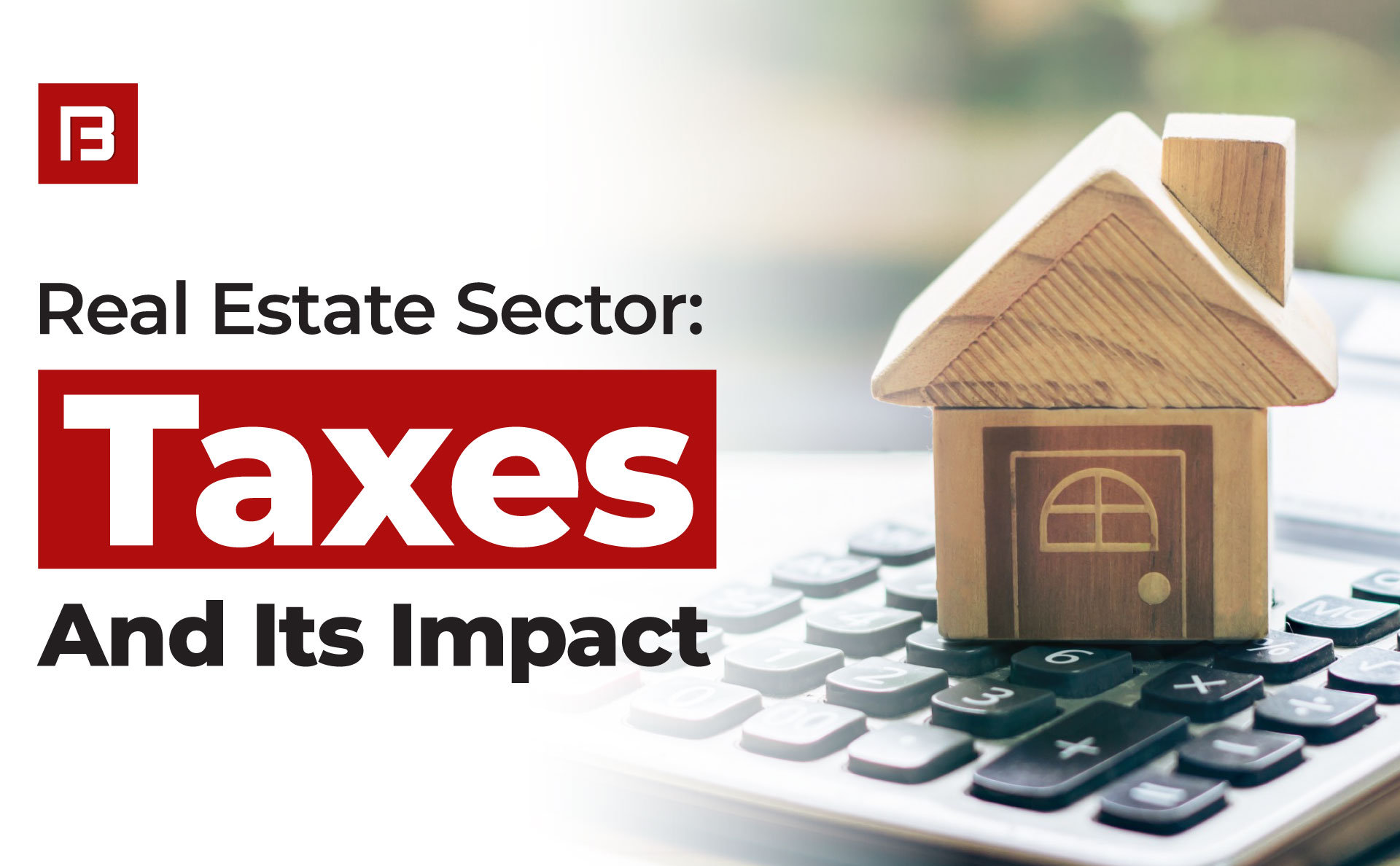Pakistan’s Real Estate Sector: Taxes and Its Impact

Pakistan’s real estate sector is a larger contributor to the country’s GDP and is also one of the most heavily taxed industries. These taxes are a key source of government revenue collection, and this sector has historically been a prime target for taxation.
In the 2024-2025 budget, the federal government introduced several new property taxes. These taxes are regulated by the Federal Board of Revenue (FBR), and it varies based on an individual’s tax status—whether they are a filer, non-filer, or late-filer.
As the new tax measures take effect, their impact on the real estate market is becoming increasingly evident. Let’s dive into the scope of these new taxes and their implications for Pakistan’s real estate sector.
Understanding Property Taxes in Pakistan
Before diving into the recent changes in property taxes introduced in the 2024-2025 budget, let’s first outline the four main types of property taxes in Pakistan:
- Capital Gain Tax (CGT)
- Advance Property Tax (Withholding Tax)
- Capital Value Tax (CVT)
- Federal Excise Duty (FED)
Capital Gain Tax (CGT)
CGT is levied on the profit earned from selling immovable property. The revised rates for CGT effective from July 1, 2024, are:
- Filers: 15%
- Non-Filers: 15% to 45% (FBR determines the exact amount based on property value).
Key Changes: Previously, CGT depended on the holding period (1-6 years) and property type (plot, building, or flat). Now, the same rate applies, regardless of holding period or property type.
Advance Property Tax (Withholding Tax)
This tax applies to both the seller and buyer during property transactions, payable at registration or allocation.
Key Points:
- Applicable on both residential and commercial properties.
- Rates vary as per the new FBR guidelines.
Advance Tax on Sale or Transfer of Immovable Property
| Value of the Property | Filer | Late Filer | Non-Filer |
| Up to 50 Million | 3% | 6% | 10% |
| 50 Million – 100 Million | 3.5% | 7% | |
| Over 100 Million | 4% | 8% |
Advance Tax on the Purchase of Immovable Property
| Value of the Property | Filer | Late Filer | Non-Filer |
| Up to 50 Million | 3% | 6% | 12% |
| 50 Million – 100 Million | 3.5% | 7% | 16% |
| Over 100 Million | 4% | 8% | 20% |
Key Changes:
- Policy Revision: Previously, advance tax on property was applicable only up to the possession of the plot. However, in budget 2024-2025, advance tax is now applied from the time of plot booking until balloting or allocation.
- Payment Flexibility: Advance income tax on property can now be paid in installments, making it easier for buyers to manage.
- Income-Based Calculation: Your annual income may also influence the amount of advance tax you are required to pay.
Capital Value Tax (CVT)
CVT is charged on the transfer of immovable properties (land, houses, buildings) and is usually borne by the buyer.
- Rate for 2024-2025: 2% of the property value (fixed under the Federal Act 2006).
Federal Excise Duty (FED)
FED is levied during the booking, allotment, or transfer of property.
- Commercial Property: 5%
- Residential Property: 5% (applies only to the first owner at the time of booking).
Impact of 2024-2025 Property Taxes
The new tax policies have significant implications for Pakistan’s real estate sector:
- Reduced Demand:
Increased withholding taxes discourage transactions, particularly from non-filers. - Decline in Property Prices:
Sellers avoid buying at higher prices to offset the tax burden, leading to a downward trend in the market. - Shift in Buyer Behavior:
Buyers prefer dealing with filers to minimize tax liabilities, impacting market activity.
Conclusion
The recent property taxes have sparked widespread debate over their impact on Pakistan’s real estate sector.
Despite these challenges, the real estate market remains crucial for revenue generation.
Compliance with tax laws is essential, ensuring sustainable growth for the sector in the long run.

